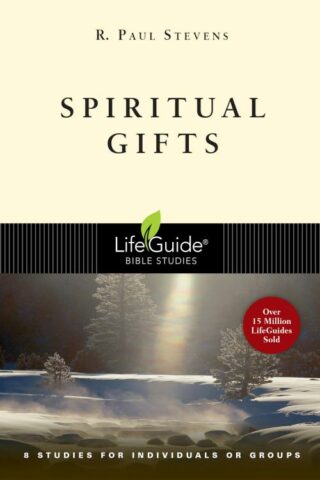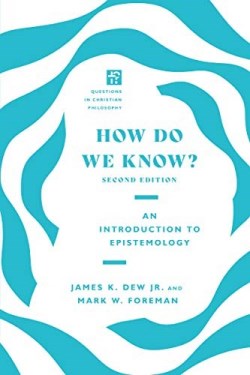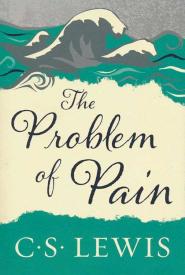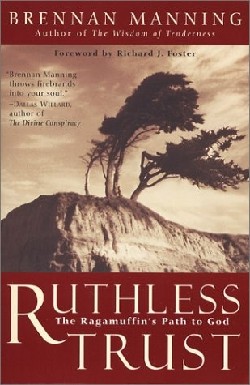How Do We Know
$25.99
What does it mean to know something? Epistemology, the study of knowledge, can often seem like a daunting subject. And yet few topics are more basic to human life. In this primer on epistemology, now in a second edition, James Dew and Mark Foreman provide an accessible entry into one of the most important disciplines within contemporary philosophy.
What does it mean to know something? Can we have confidence in our knowledge? Epistemology, the study of knowledge, can often seem like a daunting subject. And yet few topics are more basic to human life. We are inquisitive creatures by nature, and the unending quest for truth leads us to raise difficult questions about the quest itself. What are the conditions, sources, and limits of our knowledge? Do our beliefs need to be rationally justified? Can we have certainty? In this primer on epistemology, James Dew and Mark Foreman guide readers through this discipline in philosophy. This second edition has been expanded with new material and now serves as the first volume in IVP’s Questions in Christian Philosophy series. By asking basic questions and using clear, jargon-free language, they provide an entry into one of the most important issues in contemporary philosophy.
in stock within 3-5 days of online purchase
SKU (ISBN): 9780830855124
ISBN10: 0830855122
James Drew | Mark Foreman
Binding: Trade Paper
Published: November 2020
Questions In Christian Philosophy
Publisher: InterVarsity Press
Print On Demand Product
Related products
-
Problem Of Pain
$17.99For centuries Christians have been tormented by one question above all — If God is good and all-powerful, why does he allow his creatures to suffer pain? C. S. Lewis sets out to disentangle this knotty issue but wisely adds that in the end no intellectual solution can dispense with the necessity for patience and courage.
Add to cart1 in stock (additional units can be purchased)
-
Be Kind Journal
$9.99SKU (UPC): 0612978553527Binding: OtherPublished: August 2021Publisher: Kerusso
Add to cart1 in stock
-
Ruthless Trust : The Ragamuffins Path To God
$14.99We are made for the love of God, and nothing less will ever satisfy us. In his acclaimed bestseller, The Ragamuffin Gospel, Brennan Manning showed us the powerful truth that the divine gifts of love is ever present for us regardless of the state of our lives. Now in this challenging sequel, he turns to our primary obstacle to living fully within this divine love — the lack of “ruthless trust.”
Through rich stories and deep insights, Manning shows us how true and radical trust can transform everything in our lives. No matter where we are on our path of discipleship, he offers encouragement to shed the limitations of fear, shame, and doubt through complete reliance upon God. The way of Ruthless Trust is not an abstract theory; it is that very practical and demanding path that each of us must follow in response to God’s love.
Add to cart1 in stock (additional units can be purchased)












Reviews
There are no reviews yet.